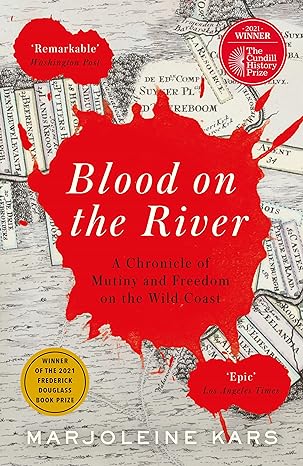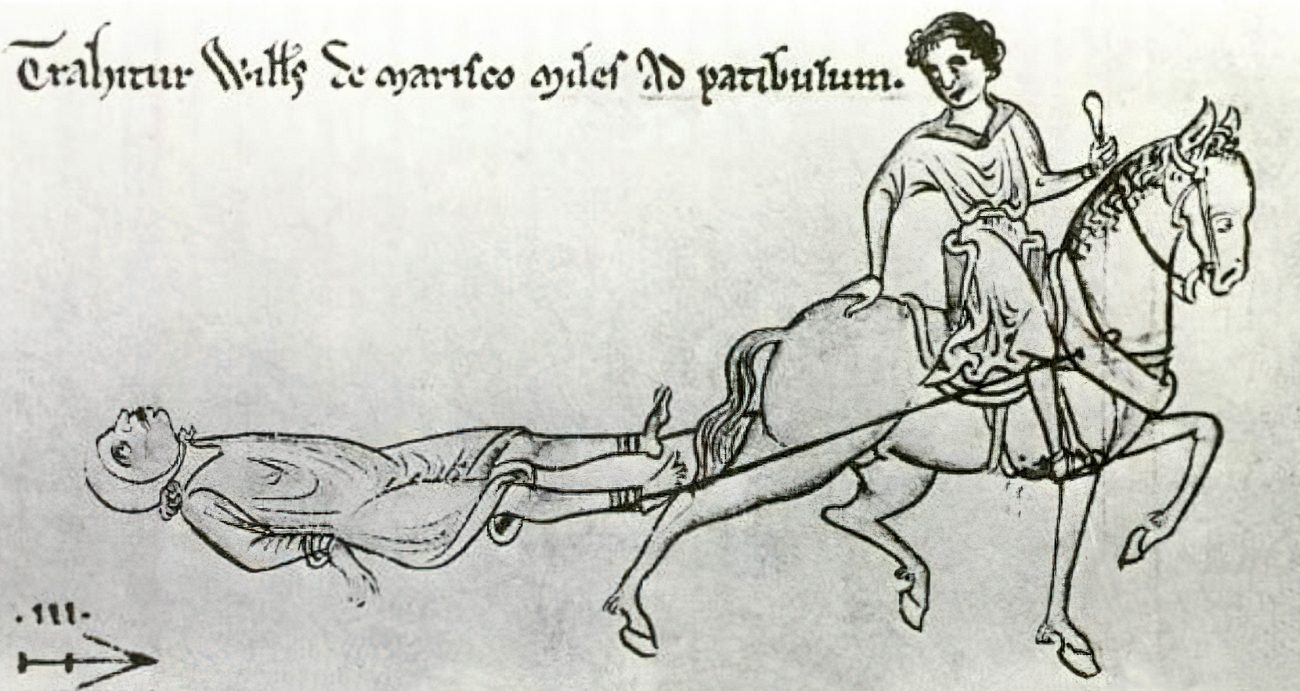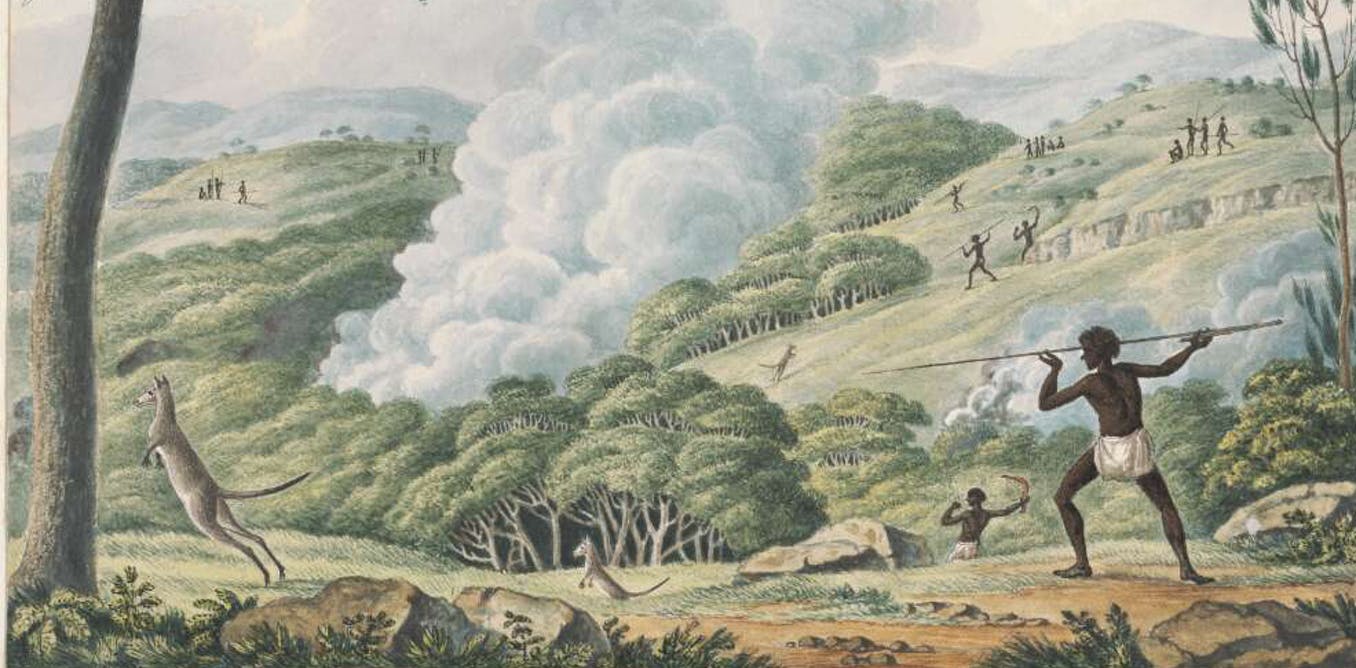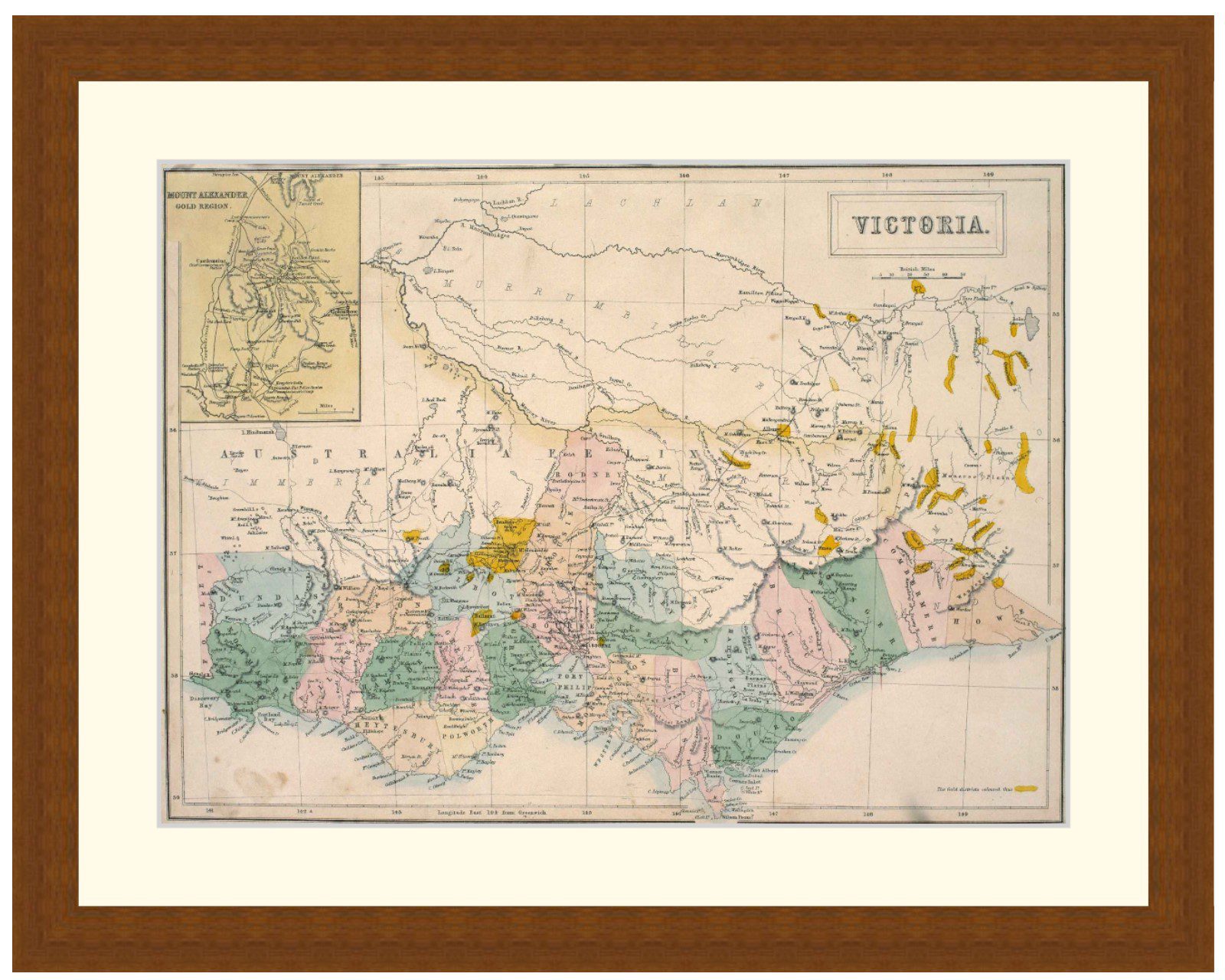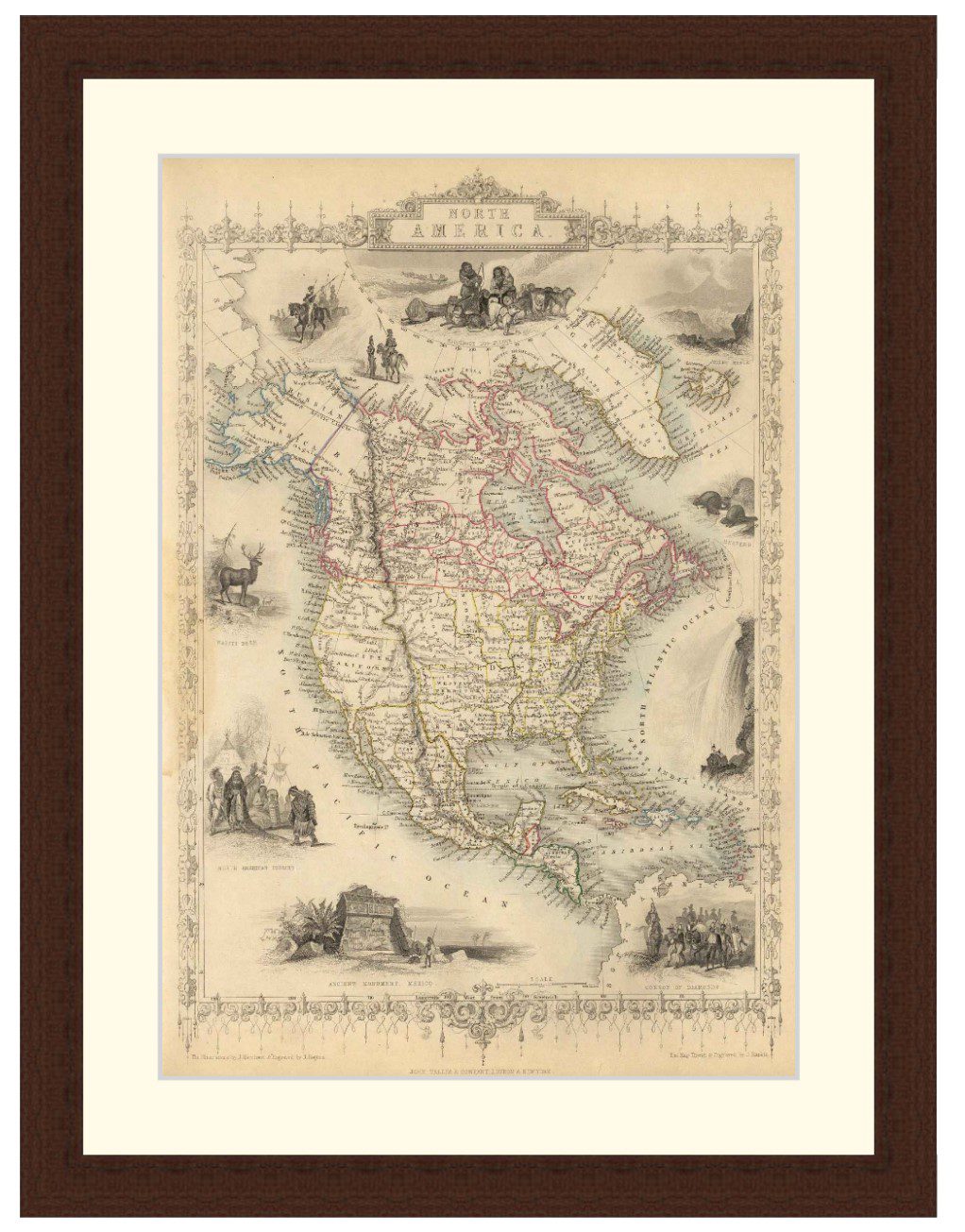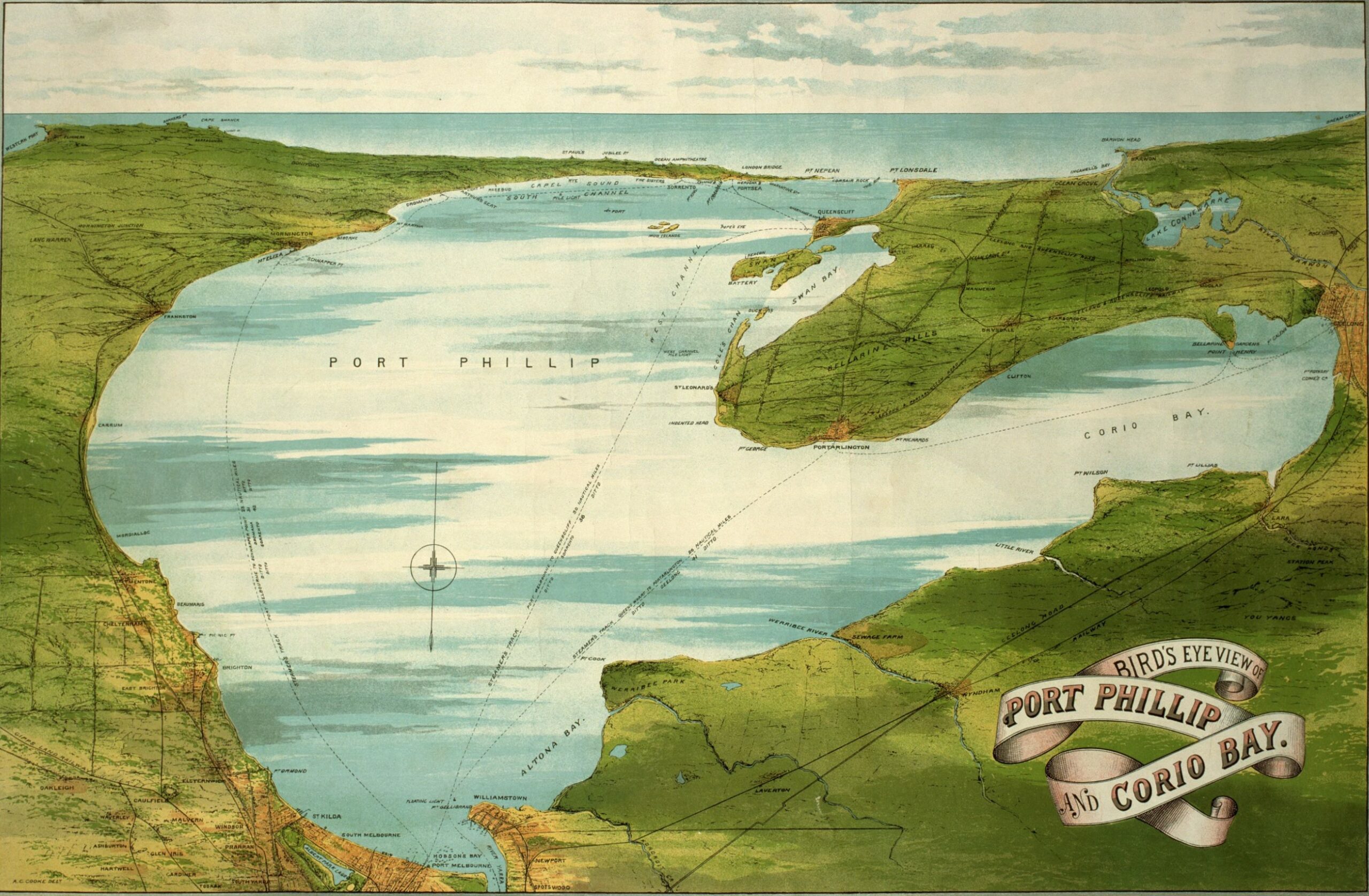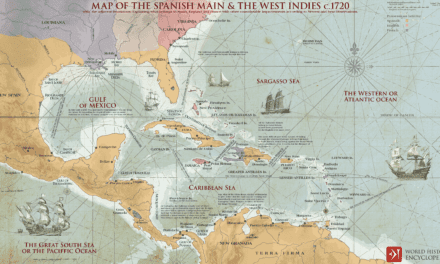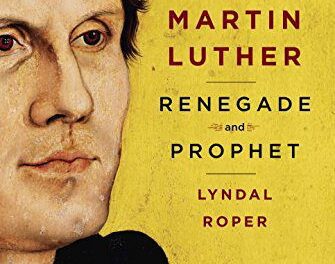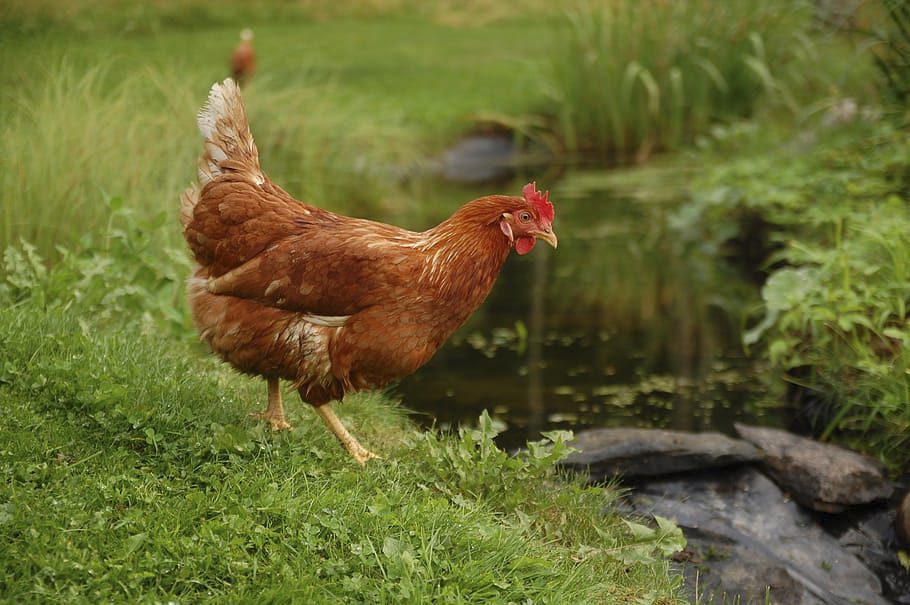Blood on the River: A Chronicle of Mutiny and Freedom on the Wild Coast – by Marjoleine Kars
Winner of the 2021 Cundill History Prize and the 2021 Frederick Douglass Prize
On Sunday 27 February, 1763, thousands of slaves in the Dutch colony of Berbice – in present-day Guyana – launched a massive rebellion which came amazingly close to succeeding. Surrounded by jungle and savannah, the revolutionaries and their enslavers struck and parried for an entire year. In the end, the Dutch prevailed because of one advantage: their access to soldiers and supplies. Blood on the River is the explosive story of this little-known revolution, one that almost changed the face of the Americas.
Drawing on 900 interrogation transcripts collected by the Dutch when the Berbice rebellion finally collapsed, which were subsequently buried in Dutch archives, historian Marjoleine Kars reconstructs an extraordinarily rich day-by-day account of this pivotal event. Blood on the River provides a rare, in-depth look at the political vision of enslaved people at the dawn of the Age of Revolution.
An astonishing original work of history, Blood on the River will change our understanding of revolutions, slavery and of the story of freedom in the New World.
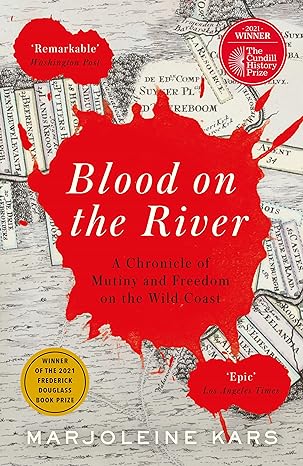
“An epic history. . . . A sweeping, thoughtful narrative, joining a new wave of books that make visible previously dismissed Black voices.”
Los Angeles Times
‘A richly detailed account of a gripping human story’
Washington Post
“A gripping tale about the human need for freedom… the story of the Berbice Rebellion begs to be told, and Kars’ telling is impressive.”
Martha Anne Toll, NPR
“A powerful book that will appeal to experts and – thanks to the lively and accessible writing style – the general public alike”
Black Perspectives
“[A] masterpiece . . . Marjoleine Kars has unearthed a little-known rebellion in the Dutch colony of Berbice and rendered its story with insight, empathy, and wisdom. You’ll find no easy platitudes herein. Instead, you’ll find human beings in full relief, acting with courage, kindness, calculation, and mendacity in their quest for self-determination. Blood on the River is a story for the ages.”
Elizabeth Fenn, Pulitzer Prize–winning author of Encounters at the Heart of the World: A History of the Mandan People
“This is required reading for historians of the Black Atlantic world.”
Jennifer Morgan, professor of history, NYU, and author of Reckoning with Slavery
“Takes readers on a moving journey deep into a colonial heart of darkness. Drawing on rich and challenging sources, Marjoleine Kars reveals enslaved people making a rebellion that lingers in memory and landscape.”
Alan Taylor, Pulitzer Prize–winning author of The Internal Enemy and William Cooper’s Town
“Meticulously researched and careful to prioritize the perspectives of the marginalized, Blood on the River offers a fascinating glimpse of the complex history of slavery in the Americas.”
Booklist
“One of the great slave revolts in modern history has at last found a gifted historian to tell its epic tale. Using a breathtaking archival discovery to make the Berbice rebels vivid flesh-and-blood actors, Marjoleine Kars deeply enriches the global scholarship on the history of slavery and resistance.”
Marcus Rediker, author of The Amistad Rebellion: An Atlantic Odyssey of Slavery and Freedom
Blood on the River: A Chronicle of Mutiny and Freedom on the Wild Coast – Book
By Marjoleine Kars Winner of the 2021 Cundill History Prize Winner of the 2021 Frederick Douglass Prize ‘A richly detailed account of a gripping human story’ Washington Post ‘[An] epic history … a sweeping, thoughtful narrative’ Los Angeles Times On Sunday 27 February, 1763, thousands of slaves in the Dutch colony of Berbice – in present-day Guyana…
Only 3 left in stock
Articles you may also like
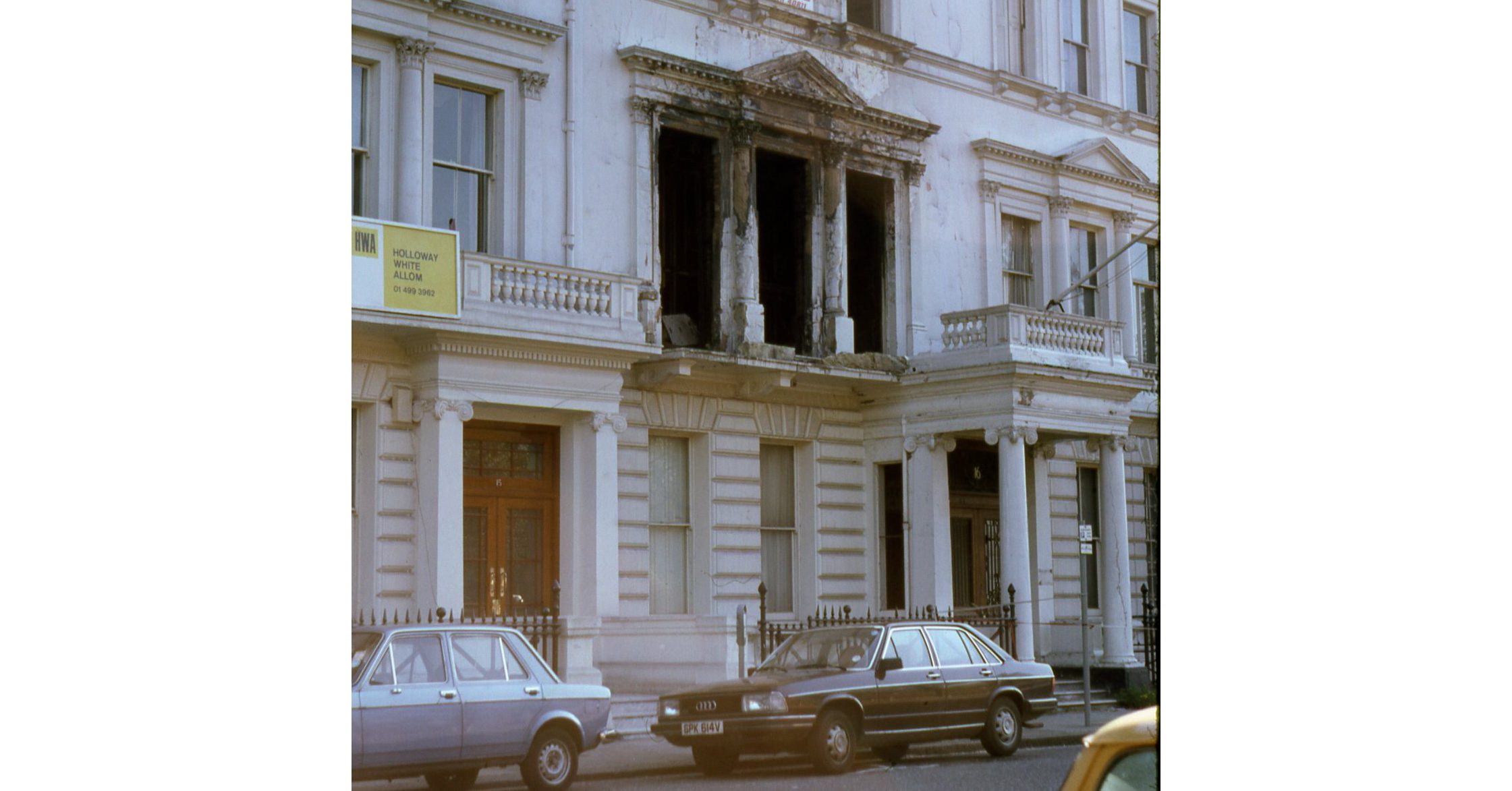
Weekly History Quiz No.234
1. Where did the Iranian Embassy Siege take place?
Try the full 10 question quiz.

